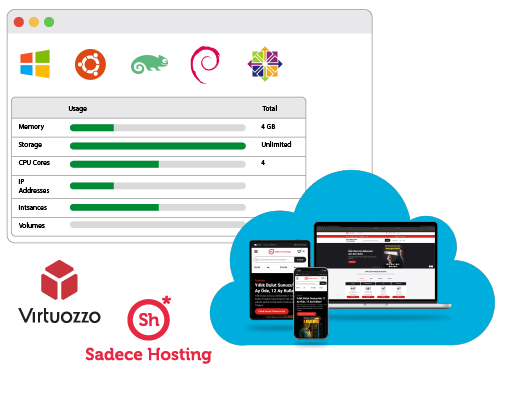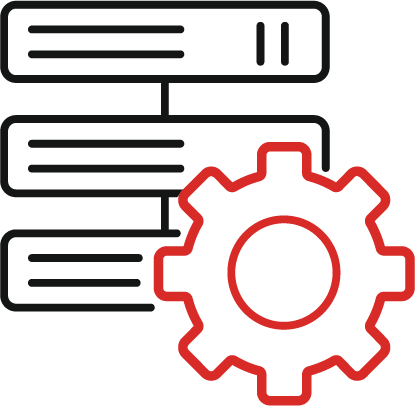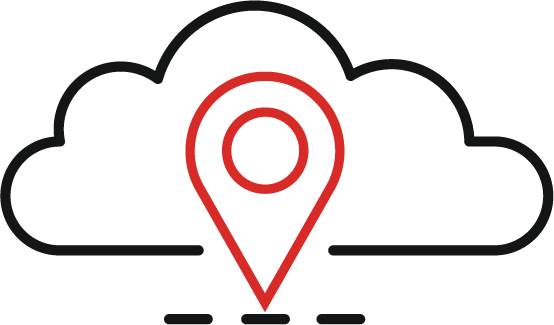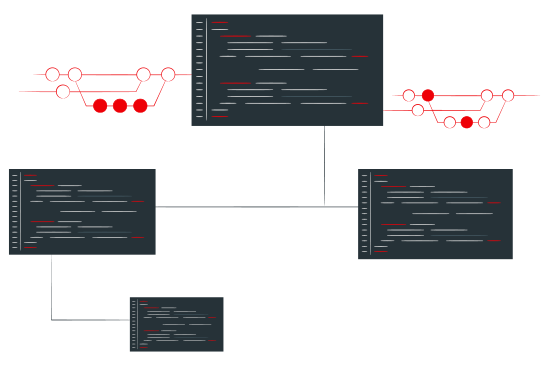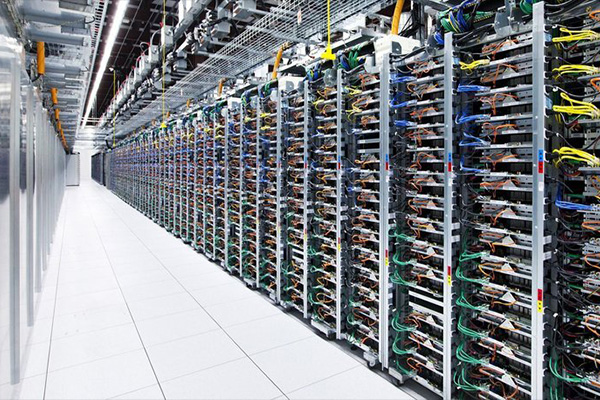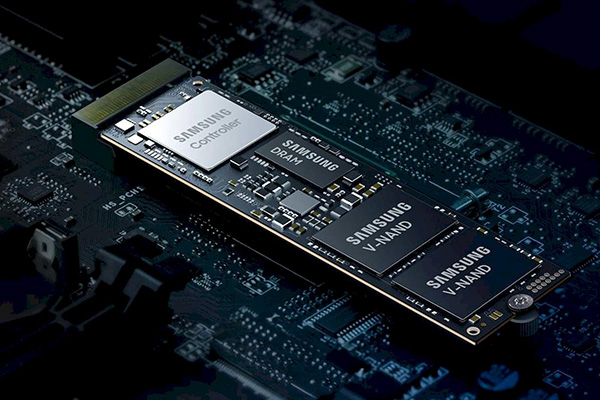What You Need to Know About VDS Server
The rapid advancement of technology is revolutionizing our methods of data storage and processing. Once upon a time, physical servers were necessary for large and complex projects. However, with the development of virtualization technologies, the need and dependency on physical hardware have decreased. This is where solutions like VDS Server (Virtual Dedicated Server) come into play.
In the digital world, businesses and individuals now need more cost-effective, high-performance, and customizable server solutions. The ability to use only a portion of a physical server and fully customize these resources for your project is one of the greatest advantages provided by virtualization technology. However, before understanding a VDS Server, it is essential to comprehend what this technology really entails, along with its advantages and disadvantages.
What is VDS Server?
VDS Server (Virtual Dedicated Server) is a structure where a physical server is divided into multiple virtual servers using virtualization technology. It is also known as a virtual private server. Virtualization is the process of distributing resources like CPU, RAM, storage space from a physical server to multiple virtual servers.
A special software that works on a physical server, typically a hypervisor, controls how these resources are distributed to each virtual server. The hypervisor ensures that each VDS operates independently of other VDSs on the physical server. This allows each virtual server to run its operating system, applications, configurations, and other settings independently.
One of the most important advantages of VDS Server is that each VDS running on a physical server has its own operating system, customized configuration, and a completely isolated working environment. This means that changes made on one VDS or any issues that arise will not affect other VDSs.
In short, VDS Server consists of multiple virtual servers running independently on the same physical machine.
What Are the Advantages of VDS Server?
VDS Server, as part of virtual server solutions, offers many advantages to users:
●Customizability: VDSs have a fully customizable structure. This allows users to install the operating system of their choice, install custom software and applications, and configure the server entirely under their control.
●Resource Allocation: Resources from a physical server are allocated to each VDS by virtualization software. This means a specific VDS cannot use resources beyond its allocated amount, ensuring guaranteed resources and consistent performance.
●Isolation: Each VDS is completely isolated from other VDSs. This means that any issue or security threat in one VDS does not affect others. This isolation also helps prevent performance fluctuations.
●Cost Efficiency: Investing in physical servers is costly. However, VDS optimizes costs by hosting multiple virtual servers on a single physical server. This is especially important for small and medium-sized businesses.
●Flexibility: VDSs are rapidly scalable based on requirements. This allows quick adjustments when more resources are needed or when unused resources need to be reduced.
●Energy Efficiency: Hosting multiple virtual servers on a single physical server reduces energy consumption. This has a positive impact in terms of both cost savings and environmental effect.
Differences Between VDS Server and Web Hosting
Many people think of VDS Server and web hosting services as the same or similar, but they have significant differences. Understanding these differences is critical in determining which service is more suitable for you.
1. Definition and Configuration:
●VDS Server: VDS (Virtual Dedicated Server) is independent virtual servers created by dividing a physical server using virtualization technology. Each VDS has its own operating system, CPU, RAM, and disk space.
●Web Hosting: Web hosting is a service where multiple websites are hosted on a shared server environment. In this server, many users share the same resources (RAM, CPU, etc.).
2. Performance and Resource Allocation:
●VDS Server: Resources are allocated to a specific VDS and cannot be used by other VDSs. This means the resources are guaranteed and unaffected by other users.
●Web Hosting: Resources are shared among all websites hosted on the server. A website with high traffic may affect the performance of other sites.
3. Customization and Control:
●VDS Server: Users have full control over the VDS. They can install the desired operating system, custom applications, and services, and fully customize the server settings.
●Web Hosting: User control over the server is limited. Customization is restricted to what the hosting provider allows.
4. Pricing:
●VDS Server: Generally more expensive than shared web hosting, but it offers customization, control, and performance advantages.
●Web Hosting: A more affordable option for entry-level use, but may be insufficient for growing websites.
5. Security:
●VDS Server: Each VDS is isolated from others, meaning any security issues in one VDS will not affect others.
●Web Hosting: In a shared environment, a security breach in one website can potentially affect all other sites.
What to Consider When Choosing a VDS Server?
1. Adequacy of Resources: When choosing a VDS, assess whether the CPU, RAM, disk space, and bandwidth resources provided by the server meet your needs. Adequate resources are critical, especially for websites with high traffic or resource-intensive applications.
2. Operating System Options: Decide which operating system you want to use. Some VDS providers only support specific operating systems. Therefore, choose a VDS provider that supports the operating system you need.
3. Security: Inquire about how the provider supports server security. Features such as DDoS protection, firewalls, SSL certificates, and other security protocols are essential.
4. Backup: It is essential to regularly back up your server to prevent data loss. Check if the provider offers automatic backup services and how frequently backups are made.
5. Technical Support: Fast and effective support is crucial in case of any issues. Make sure to choose a VDS provider that offers 24/7 support and has positive customer feedback.
6. Performance and Uptime Guarantee: The server should have a high uptime rate to ensure that your website or application remains online consistently. Learn if the provider offers an uptime guarantee and the terms of this guarantee.
7. Pricing: It’s important to choose a VDS that is affordably priced, but not at the expense of quality. Try to find a balance between price and features offered.
8.Scalability: As your business or project grows, your resource needs may increase. Therefore, choose a VDS provider that can scale based on your needs.
9. Location: The physical location of the server can directly affect the performance of your website or application. Choose a data center location closest to your target audience to improve your site’s speed and accessibility.
10. Reviews and Feedback: Current and past customer reviews provide valuable insights into the reliability of a VDS provider. Pay attention to feedback regarding technical support, uptime, and overall performance.
 EN
EN 



